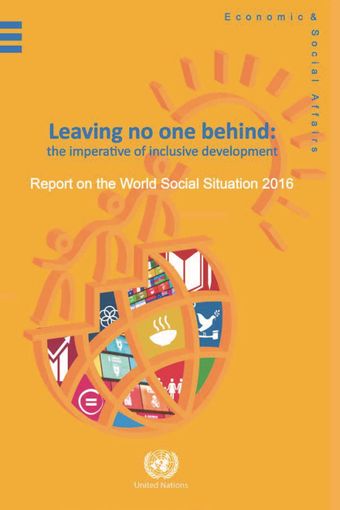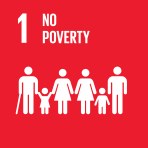Prejudice and discrimination: Barriers to social inclusion

- مؤلف: United Nations Department of Economic and Social Affairs
- العنوان الرئيسي: Report on the World Social Situation 2016 , pp 105-120
- تاريخ النشر: نوفمبر ٢٠١٦
- DOI: https://doi.org/10.18356/1e29ce70-en
- Language: الإنجليزية
The examples presented in chapter III add evidence to the fact that societies continue to make distinctions based on ethnicity, race, sex or gender and other characteristics that should have no bearing on people’s achievements or on their well-being. The unjust or prejudicial treatment of people on the basis of their identity or their ascribed characteristics is not the only driver of exclusion, but it is a particularly pervasive one. Discrimination constrains the ability of individuals to participate meaningfully in society. It affects the opportunities that people have, the choices they make and outcomes that define their overall well-being. Assessing the impact of discrimination, which plays out in law, policy and practice, and isolating its effect from that of other factors that affect participation and overall well-being is challenging, as mentioned in chapter III. The present chapter contains an overview of research on discrimination. Although the main aim is to summarize the research findings, the chapter also contains analyses of the strengths and weaknesses of the different sources of data and methodologies used to measure discrimination.
-
From This Site
/content/books/9789210577106c009dcterms_title,dcterms_subject,pub_keyword-contentType:Journal -contentType:Contributor -contentType:Concept -contentType:Institution105


